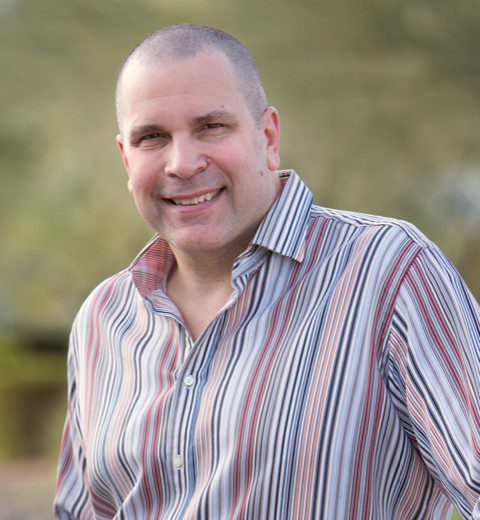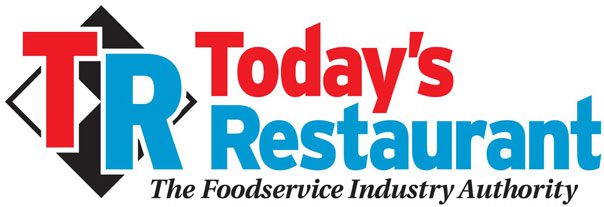
6 Reasons Restaurant Owners Don’t Use a Budget
By David Scott Peters
I’ve been preaching the importance of having a budget since becoming a restaurant and bar coach in 2003. In fact, I can tell you, if you want to plan to be successful rather than be successful despite yourself, your budget is your plan for success. So, what stops restaurant and bar owners from using one? I’ve heard all the excuses. The problem with excuses is they stop you from doing the next best thing that will improve your restaurant and your life. Here are the top six excuses operators give for not using a budget, along with my rebuttal.
Number one, I don’t have time. Boo frickin’ hoo? You must be kidding me. You’re in the toughest business I know. Instead of focusing on saving $15 an hour and standing at the griddle yourself, be an owner, work on budgets, marketing, leading your team, developing your managers and holding them accountable. That is what you’re supposed to do. Right now it’s hard because we have a labor shortage. But that makes your budget all the more critical to making the best use of your record-breaking sales.
Number two, I don’t understand the numbers. That’s not an excuse. Maybe your chart of accounts isn’t set up properly, and you need to change it so that you can better understand your numbers. In fact, I teach people that you tell your accountant what your chart of accounts looks like and what numbers go in them so that you know your numbers. Your accountant doesn’t dictate your chart of accounts.
Number three, I don’t need one. Right. How do you know what success looks like? Are you just going to use industry averages? Name a successful business that doesn’t operate with a budget unless it’s just dumb luck and it happens. You may have been successful without a budget, but then COVID hit, and it robbed you of all your money, and your cash flow was nonexistent. Now for the first time in your life, you’re going, oh, shoot, I need to make a change. Well, how do you make a change without a budget? It’s your proactive plan for success.
Number four I have a budget I created when I opened my restaurant 10 years ago. Oh, my goodness. That’s 10 years old. Even if it’s one year old or three months old, it’s old. See, you must update that plan for success every single month because I have news for you: You’re never going to hit your budget, but you are going to be able to use it to see what systems you need to put in place to change your reality.
Number five I know what I need to do in sales to break even. What the heck does breaking even have to do with making money? See, I’m willing to bet you don’t know what your breakeven point is. You just kind of have a general idea of what you’ve got to do in sales before you’ve covered all your expenses. But that can change. If your managers start bleeding labor because they’re not paying attention, that breakeven point creeps up quickly. If you are not looking at portion controls and preventing theft and stopping the dumb mistakes that happen daily, your cost of goods sold can creep up on you. But without a budget and active monitoring of your budget, it takes a while before it’s painfully obvious that your breakeven point isn’t where you thought it was. By that time, you’ve become less efficient every single day and it keeps going up. That’s not how you plan for profitability.
And finally, number six, I’m following the industry standards. So many operators are looking to a big restaurant “authority,” like the National Restaurant Association, for direction, and they say your food cost should be 34 percent and labor cost should be 33 percent. Well, number one, that’s a 67 percent prime cost. Heck, even if you used the old-fashioned numbers of a 65 percent prime cost – total cost goods sold plus total labor costs, including taxes, benefits, insurance – that total is still too high. And I’m here to tell you, if you do $850,000 in annual gross sales, your prime cost target should be 55 percent or less. That’s 10 points lower than “industry standards!”
For every $1 million in gross sales a restaurant does in a year, that’s $100,000 in bottom line profitability. PLUS, your cost of goods sold and your labor cost targets vary depending on the type of restaurant or restaurant/bar you have. Selling alcohol already puts you in a different category than any restaurant that doesn’t. An average is good for nothing. So, if using these industry standards is your reason why you don’t need a budget, I guarantee you’re losing a lot of money.
Stop letting excuses hold you back. Embrace the work of planning for your profitability and your future. If you want help figuring out budgeting for your restaurant, be sure to check out my YouTube channel where I have a lot of free tips.
David Scott Peters is an author, restaurant coach and speaker who teaches restaurant operators how to take control of their businesses and finally realize their full potential. His first book, Restaurant Prosperity Formula: What Successful Restaurateurs Do, teaches the systems and traits to develop to run a profitable restaurant. Thousands of restaurants have worked with Peters to transform their businesses. Get his three principles to restaurant success at https://dsp.coach/three-key-principles.




Recent Comments